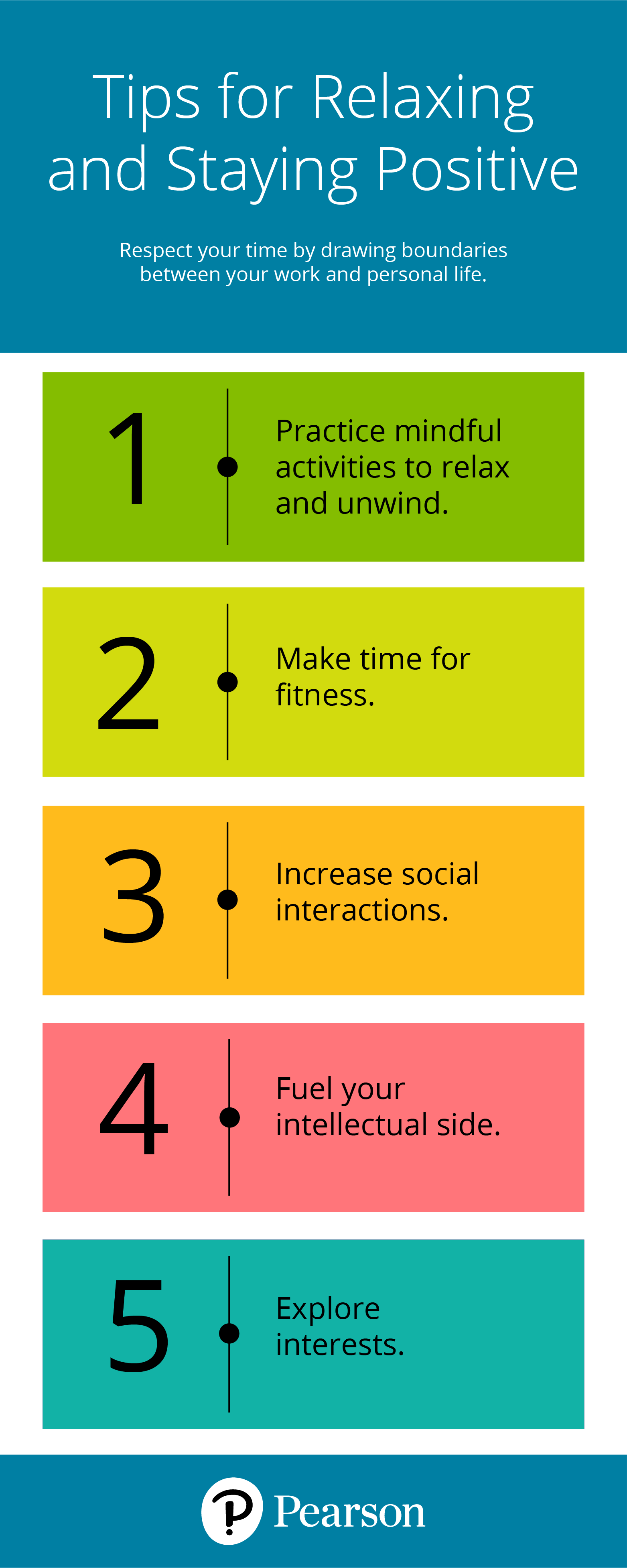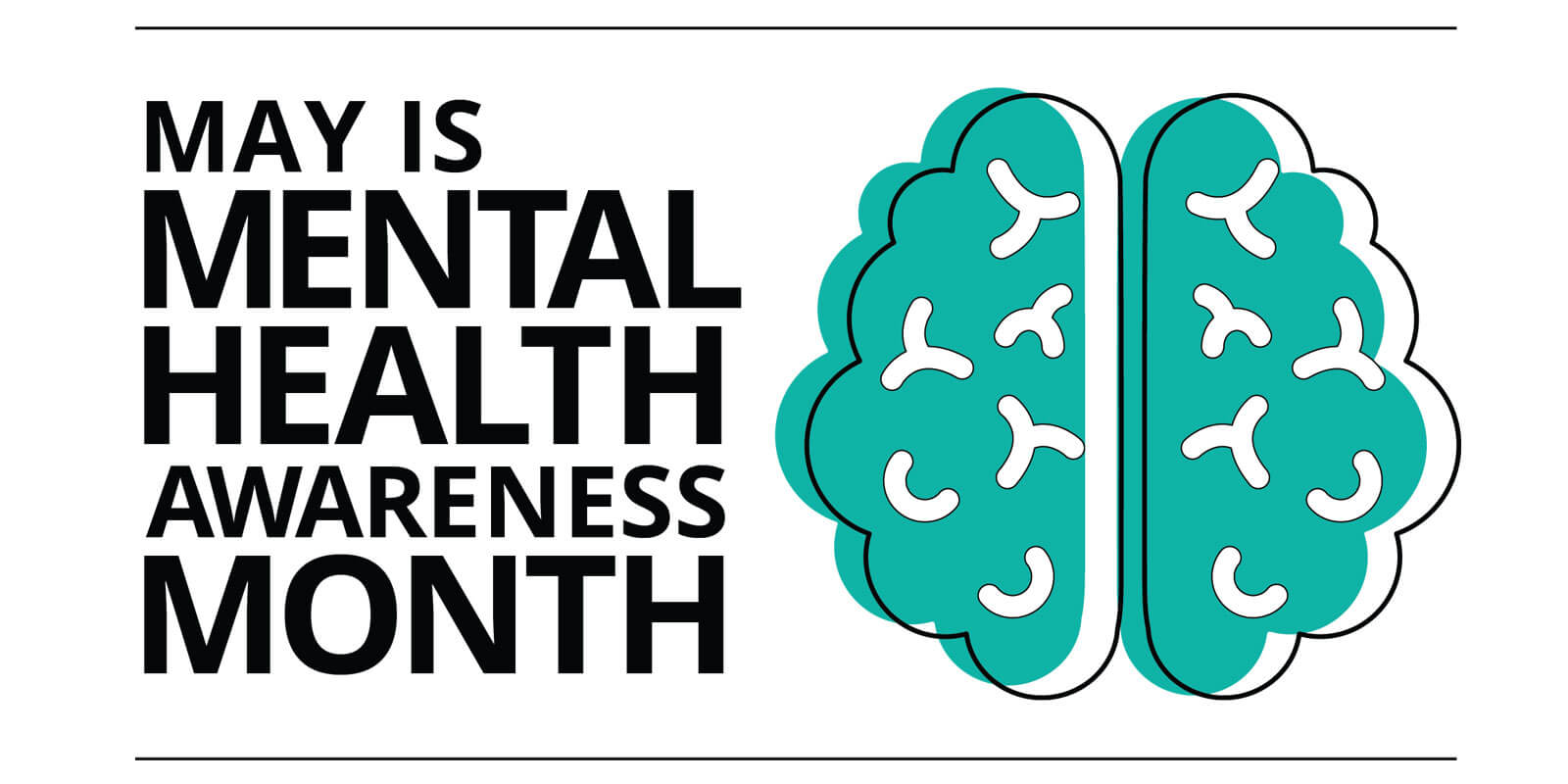
Self-care tips for nurses

As a nurse, your work entails being compassionate, ready, and strong in one of the most stressful environments. The overwhelming nature, unpredictability, and volume of your work can impact your physical and mental well-being in ways you may not realize but nevertheless feel. To avoid burnout, you have to take care of yourself while taking care of your patients.
How burnout can affect your life
Research findings published in the Journal of the American Medical Association indicate that 31.5% of nurses who left their job reported burnout as a contributing reason.1
Your well-being can be at stake if the quality and quantity of the work you’re doing surpasses the amount you can take. External stressors often lead to internal distress. Dealing with—or the inability to deal with—a high frequency of uncontrollable stressors could lead to physical weakness, depression, inadequate nutrition, and stress in your personal life.
What are the causes of burnout?
- Working extra hours to cover staffing issues
- Long shifts
- Lacking helpful supervision
- Not getting along with colleagues
- A high volume of patients
- Difficult patients
- Performance metrics that measure numbers and patient evaluations
The warning signs of burnout include:
- Lack of empathy and expressing indifference toward patients, colleagues, family, and friends
- Work-related exhaustion that takes a physical and mental toll
- Disinterest in work
- Feeling cynical
- Feeling depressed
- Social disconnection
If you are beginning to experience or already experience some or all of these signs, then you need to take a step to prioritize yourself.
Why you should prioritize yourself
The American Nurses Association Health Risk appraisal revealed that 68% of nurses place their patients' health, safety, and wellness before their own.2
Showing signs of weakness or withdrawing from work shouldn’t be stigmatizing. You are human and if you neglect signs of physical, psychological, and emotional weakness, you put yourself and your patients at a greater risk. Incorporating self-care practices into your routine can improve your health, decrease stress, make your personal and professional life happier, and put you in a better position to care for others.
Prioritize yourself with self-care

Although your professional obligation involves caring for others, it also stresses caring for yourself. The American Nurses Association Code of Ethics for Nurses states that nurses have a duty to take the same care for their own health and safety3 as they do for others and society.
Caring for others comes easily, but caring for yourself can be a challenge due to external stressors. Adopting self-care techniques can help you to unlearn toxic habits and learn enriching, healthy ones.
Self-care can include any activity you do to take care of yourself, nourish your well-being, and live a calmer life. Practicing self-care can help you to maintain a balance in the amount of care you provide to your patients with the self-care you provide to yourself.To find a balance, you first need to:
- Take a step back to assess your situation and problems.
- Plan to improve your situation and solve your problems within the given timeframe.
- Ask someone for help if a problem seems unsolvable.
Remember, you have strengths that can help you cope with the challenges you face. And once you have a better handle on those problems and challenges, you can better fit self-care into your schedule.
Consider applying any or all of the following self-care tips for a more enriching life:
- Respect yourself and your time by drawing boundaries between your work and personal life.
- Practice mindful activities like yoga, meditation, or simple deep breathing exercises. These can connect you to your inner-self, help channel your spirituality, and teach you to remain calm.
- Make time for fitness activities like running, walking, cycling, and cardio workouts.
- Increase social interactions with coworkers, close friends, and family members.
- Fuel your intellectual side by training to upskill, mentoring, and listening to podcasts or audiobooks.
- Explore interests outside of work like cooking, hiking, camping, playing musical instruments, et cetera.
- Practice cognitive behavioral techniques where you think of an image to block a negative thought and then replace it with a positive image or think of a few positive affirmations and remind yourself of those when you are stuck. For example: “Yesterday was tough, but I have seen tougher days, and I can make today better.”
- Seek help from a therapist. Therapy can help you to express yourself and find solutions.
Incorporating self-care into your routine can empower you and motivate you to stay healthy as you continue to care for others. Plus, when you work to improve your health, you can inspire other nurses to work on improving their health too.
References
1. Shah Megha K., Gandrakota Nikhila, Cimiotti Jeannie P., Ghose Neena, Moore Miranda and Ali Mohammed K., “Prevalence of and Factors Associated With Nurse Burnout in the US", Journal of the American Medical Association, February 4, 2021.
2. Linton Mary and Koonmen Jamie, “Self-care as an ethical obligation for nurses”, Nursing Ethics, July 28, 2020.
3. American Nurses Association, “Provision 5”, Code of Ethics for Nurses with Interpretive Statements, (January, 2015): 19


